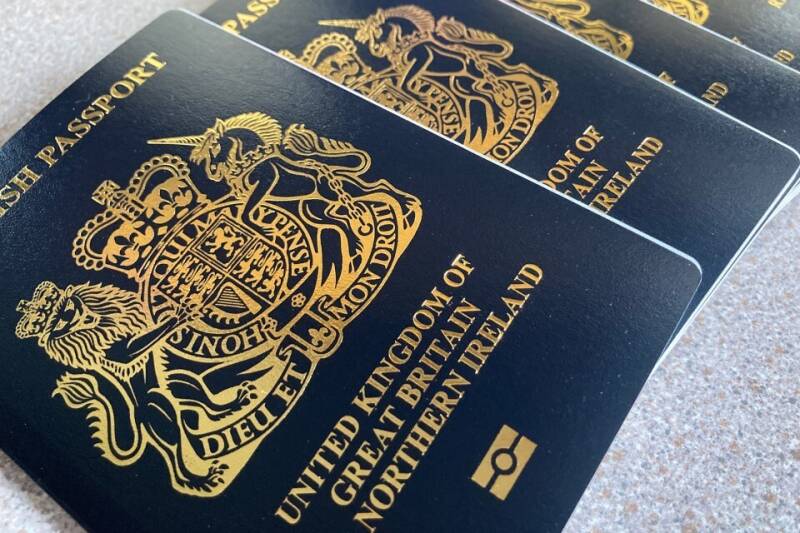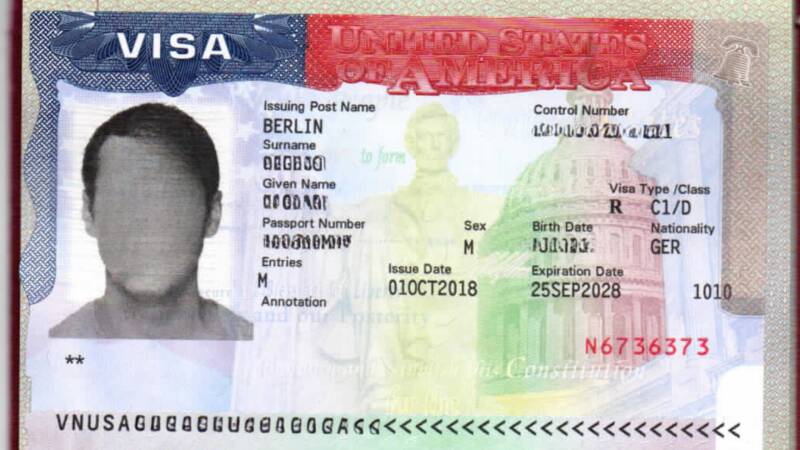
Every cadet must hold a core set of personal, legal, and training documents in order to travel, join vessels, and progress through their training. These documents serve as proof of identity, medical fitness, safety competence, and sea service, and are checked regularly by shipping companies, port authorities, and maritime regulators.
Failure to maintain valid documentation can result in delayed ship joining, refusal of entry at ports, or even interruption of training progression. It is therefore essential that cadets keep all documents secure, up to date, and easily accessible when travelling.
The following sections outline the key documents that cadets will receive or must obtain, along with their purpose and practical notes for use.
At DCOne we recommend that you have copies, both electronic and physical, with you at home, college or on ship. Get a folder to keep everything safe!



Passport
Discharge Book
COVID-19
-
Purpose: Your primary proof of identity and nationality. Required for international travel, shore leave, visa applications, and immigration clearance.
-
Notes:
-
Must be valid for at least 6 months beyond the intended travel period.
-
Keep it secure – loss of a passport abroad can be a serious problem
-
-
Purpose: Official record of your sea service. Entries are made by the Master or authorised officer when you join and leave a ship.
-
Notes:
-
Essential for proving sea time towards Certificates of Competency.
-
Acts as a seafarer’s identity document in some ports.
-
Keep it safe – a replacement is possible but losing one can cause delays in certification.
-
- Purpose: Proof of vaccination against COVID-19, still required by some countries, airlines, and port authorities.
-
Key Notes:
-
Usually issued as a digital QR code or paper record.
-
Some ports may refuse entry without it, depending on local health rules.
-
Keep both printed and electronic copies.
-



Medical Certificate
Training Record Book
Training Certificates
-
Purpose: Proof that you are medically fit to serve at sea. Mandatory under STCW and MLC.
-
Key Notes:
-
Issued by an MCA-approved doctor (UK).
-
Valid for 2 years (1 year if under 18).
-
Must always be valid – no ship will accept a cadet without one.
-
-
Purpose: Log of training and competencies completed during sea phases. Signed by onboard officers and verified by your training provider.
-
Key Notes:
-
Central to your cadetship – without a properly completed TRB, you cannot progress to your final Certificate of Competency.
-
Must be kept neat, accurate, and regularly signed off.
-
-
Purpose: Proof of mandatory safety training under STCW 1978, as amended. These include:
-
Personal Survival Techniques (PST)
-
Fire Prevention and Firefighting (FPFF)
-
Elementary First Aid (EFA)
-
Personal Safety and Social Responsibilities (PSSR)
-
-
Key Notes:
-
Usually bundled together in a "Basic Safety Training" course.
-
Required before joining your first vessel.
-



Visas
Seafarer Employment Agreement
Training Agreement
-
Purpose: Depending on your nationality, you may require visas for certain countries or to join ships in foreign ports.
-
Key Notes:
-
Common ones for cadets include the Schengen visa (Europe) and US C1/D visa (for crew entering the United States).
-
Always check visa requirements before travel.
-
-
Purpose: Legal contract between you and your sponsoring company.
-
Key Notes:
-
Details your pay, conditions, and training obligations.
-
Should be kept safe as it may be required for MLC compliance checks.
-
-
Purpose: A legally binding contract between the cadet and their sponsoring company, setting out the terms of training, sea service, and conditions of employment while onboard. Required under the Maritime Labour Convention (MLC).
-
Key Notes:
-
Outlines your rights, responsibilities, pay (if applicable), and entitlements while serving as a cadet.
-
Provides legal protection in the event of disputes about working or training conditions.
-
Must be signed before joining a vessel – a copy should be kept with you at all times.
-
Sometimes issued as a Cadet Training Agreement instead of a full SEA, depending on the sponsoring company and flag state requirements.
-
Travel Documents
-
Purpose: Issued by your company or training provider when joining a ship.
-
Key Notes:
-
Usually include flight/train tickets, port entry letters, and joining instructions.
-
Must be carried along with ID and passport when travelling.
-

